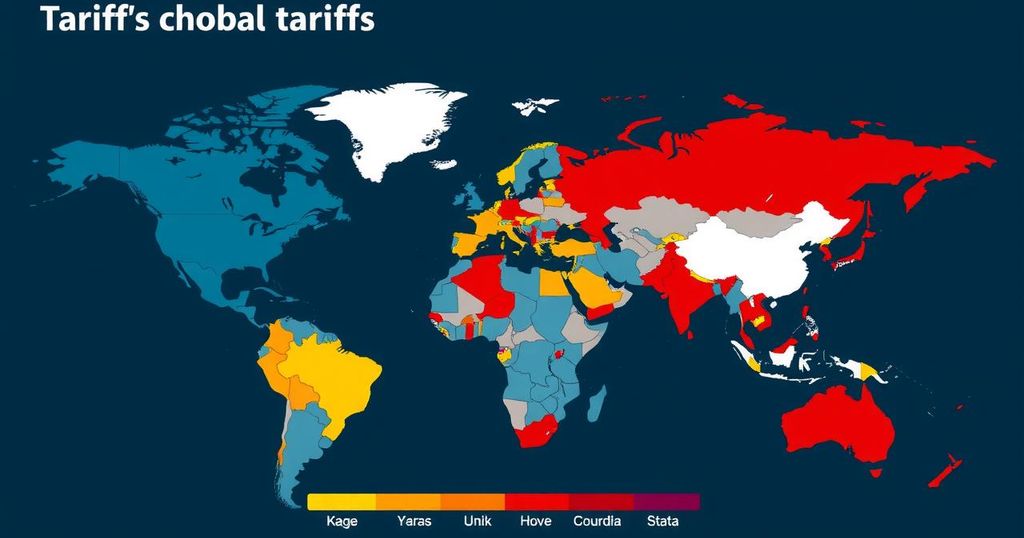Cars
ARGENTINA, ASIA, AUDI, AUTOMOTIVE INDUSTRY, BYD CHINESE EV, CANADA, CHINA, DONALD TRUMP, EXPORT, INDUSTRY, KIA CORP, KOREA, MASAHIRO, MEXICAN AUTOMOTIVE MANUFACTURERS ASSOCIATION, MEXICO, NORTH AMERICA, PHILIPPINES, SAN JOSE CHIAPA, SAN LUIS POTOSI, SANTA FE, SENTRA, SHIN, SHINJI AOYAMA, SOUTH AMERICA, TARIFFS, TRADE, UNITED STATES, US
David O'Sullivan
0 Comments
Impact of Trump’s Proposed Tariffs on Major Trade Partners
President-elect Donald Trump’s proposed tariffs on Canada, Mexico, and China may trigger significant disruptions across various industries, especially among automakers and their suppliers heavily reliant on these countries for production. Companies such as Honda, Nissan, Toyota, and various electronics and food producers are evaluating the potential impact on their operations.
In late November, President-elect Donald Trump announced tariffs on the United States’ major trading partners—Canada, Mexico, and China—raising concerns about potential trade wars. This decision may significantly impact various industries, particularly automakers and their suppliers, as many international companies have established production plants in Mexico and Canada, aimed primarily at the U.S. market. Notably, automakers such as Honda, Nissan, and Toyota, along with suppliers like Autoliv and Michelin, might face challenges in adapting to these tariffs. Food and beverage companies, including Campari and packaged goods giants like Procter & Gamble, also expressed apprehensions about the consequences of increased costs on their imports from these countries. Moreover, electronics manufacturers, such as Foxconn and Lenovo, highlighted potential ramifications affecting their trade dynamics.
The recent pledge by Donald Trump to impose tariffs on key trading partners is rooted in his campaign promises aimed at protecting American industry. Importing automobiles and parts from Mexico and Canada has become a critical component of the U.S. automotive supply chain, and any tariffs could disrupt this flow, increasing costs for consumers and manufacturers alike. Understanding the implications of these tariffs on various sectors is essential for assessing potential market disruptions and strategizing solutions to mitigate their impact.
In summary, the introduction of tariffs proposed by President Trump could reshape trade dynamics with major partners like Canada and Mexico. Automakers are particularly vulnerable due to their significant production footprint in these countries, relying heavily on exports to the United States. Similarly, companies across the electronics, food, and packaged goods sectors are beginning to assess the implications of potential tariffs, emphasizing the need for strategic adjustments to their supply chains in response to changes in trade policy.
Original Source: www.business-standard.com




Post Comment